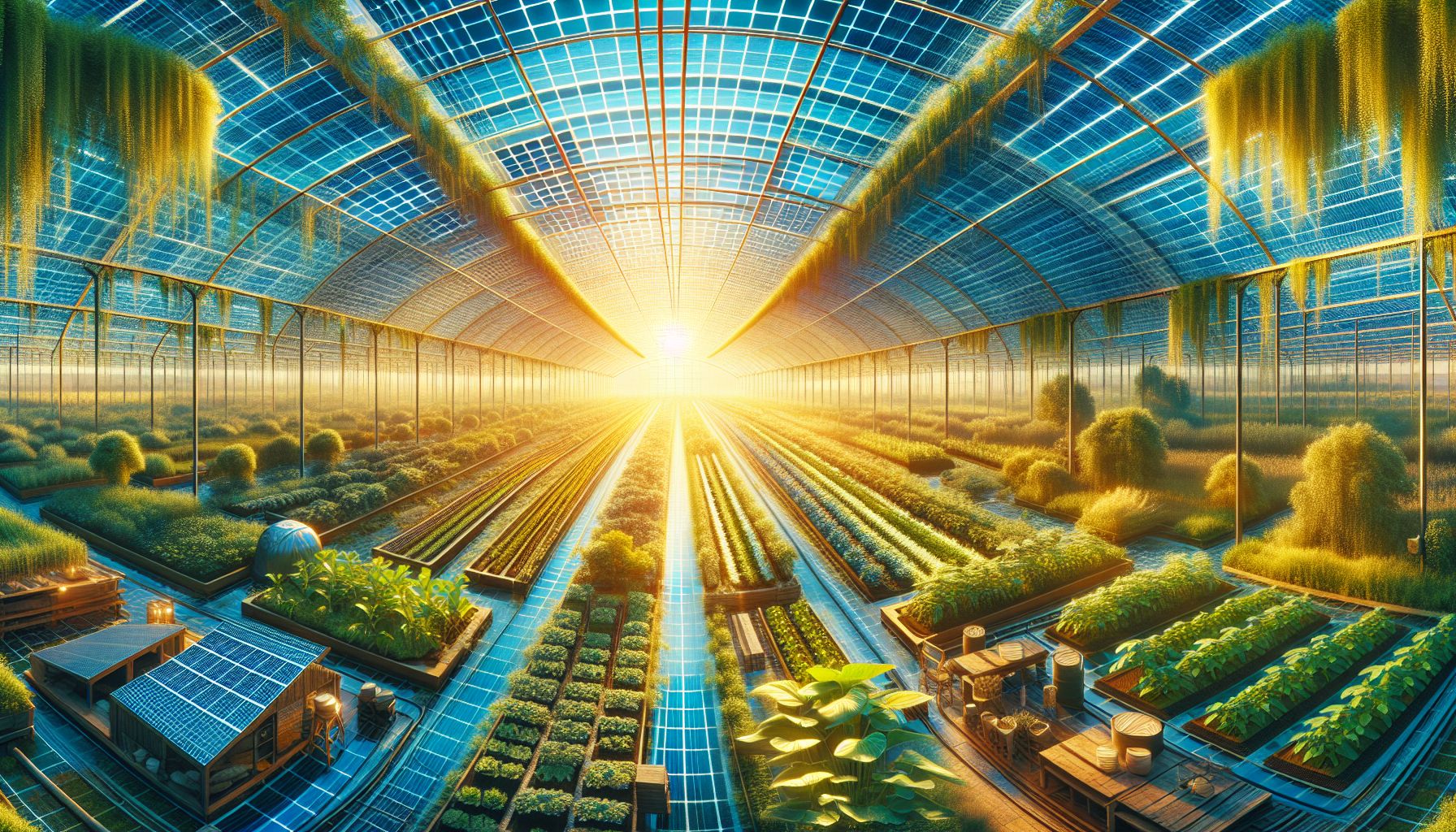Innovative Rollable Solar Foil Enhances Greenhouse Sustainability

Netherlands, Wednesday, 26 March 2025.
TNO’s new rollable solar foil boosts greenhouse productivity by improving energy generation and climate control. This innovation marks a significant step towards sustainable agriculture in the Netherlands.
Groundbreaking Integration of Solar Technology
TNO, the Netherlands’ leading research organization, in collaboration with Verzuu Screen Development, has achieved a significant breakthrough in sustainable greenhouse technology. The innovative system combines rollable solar foil with climate control functionality, specifically designed for implementation in standard Venlo greenhouses, a globally recognized greenhouse design [1][2]. This development comes after three years of intensive research and testing, marking a crucial advancement in agricultural sustainability [2].
Technical Innovations and Challenges
The project’s success hinged on TNO’s development of a specialized solar cell structure that can withstand continuous movement, making the rolled-up shadow screen both practical and efficient [1]. Project leader Peter Toonssen from TNO emphasizes that the testing phase revealed crucial insights about system capabilities and potential improvements [2]. Key technical challenges included developing robust wiring solutions for moving parts and addressing the impact of partial shading on solar cell temperature and durability [1].
Future Implementation and European Production
The initiative extends beyond greenhouse applications, as TNO actively participates in broader sustainable energy projects. Through collaborations with the province of Noord-Brabant and the SolarNL project, efforts are underway to reestablish solar panel production in Europe [2][3]. Daniel Verzuu, a key project partner, has confirmed plans for larger-scale demonstrations of the concept, highlighting the technology’s potential for widespread implementation [2].
Broader Impact on Sustainable Agriculture
This innovation aligns with TNO’s comprehensive approach to sustainable energy solutions, particularly within their TRADERES project running from February 2020 to December 2025 [3]. The development represents a significant step toward integrating renewable energy generation with practical agricultural needs, potentially transforming how greenhouses operate in the future [1][2].

